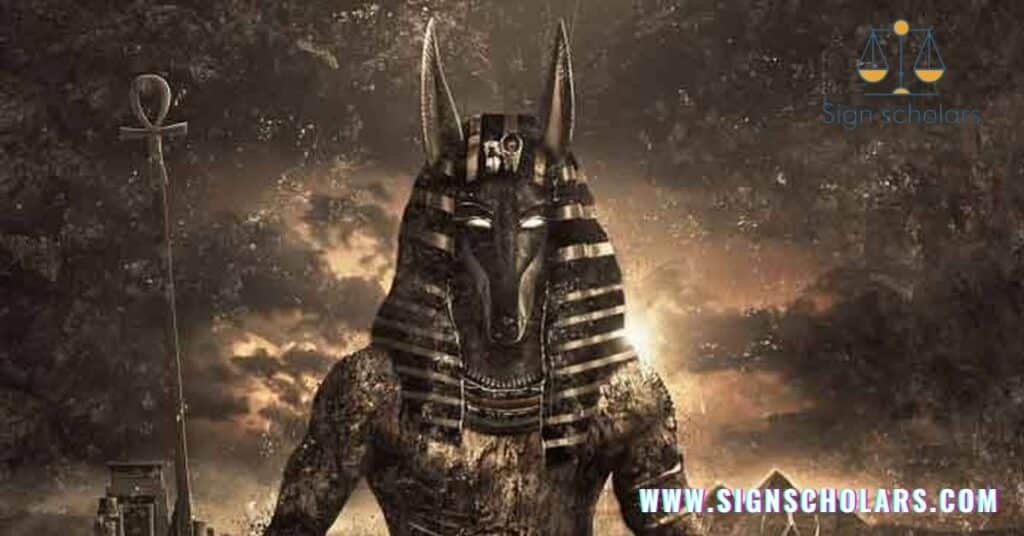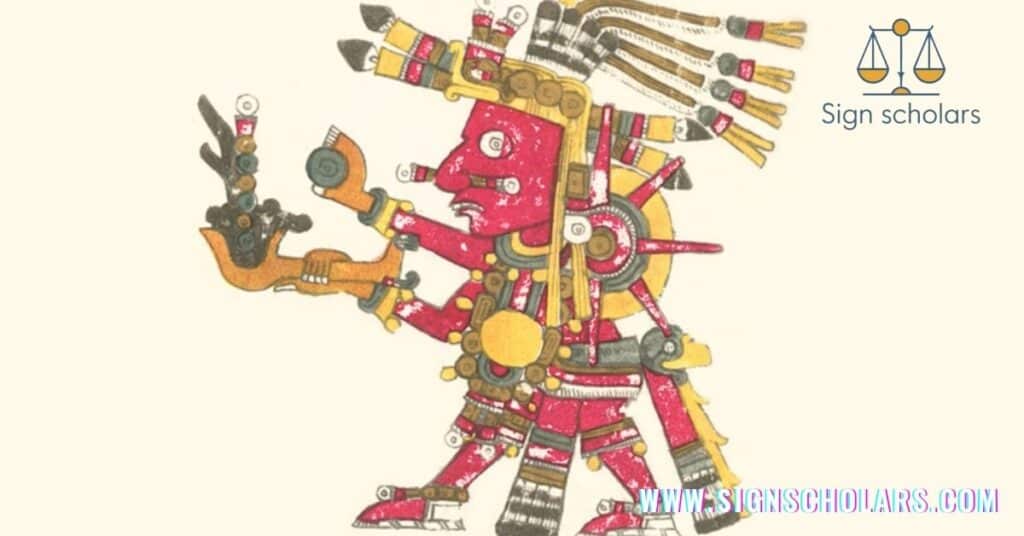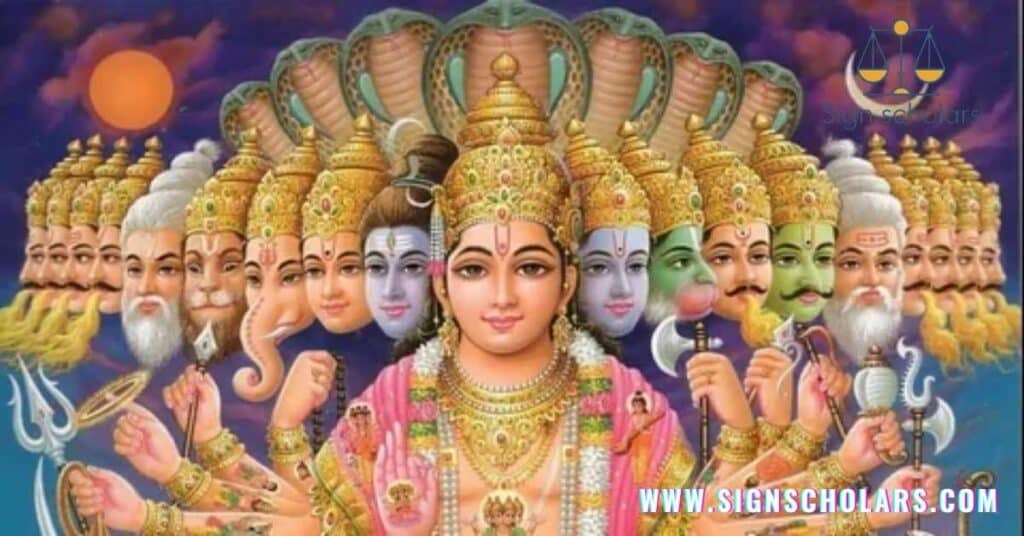The Sun is not only the ultimate source of light and energy for our planet, but it has also been revered for centuries as the Protector of the World. Cultures across the globe have celebrated its power to sustain life and bring light to darkness. Symbolizing vitality, energy, strength, positivity, and even passion and divinity, the Sun has shaped myths, beliefs, and stories for generations.
In this article, we’ll dive deep into its fascinating symbolism, revealing its rich history and meanings in different societies. Ever wondered how the Sun connects to your personal growth or the secrets it holds for your spiritual journey? Keep reading, because uncovering the Sun’s ancient wisdom could shine a whole new light on your life!
Popular Sun Symbolism
The sun has always been a powerful symbol across different cultures, representing life, vitality, strength, and divinity. As the most dominant celestial body, it influences everything from timekeeping to religious beliefs. Below are some of the most significant meanings associated with the sun.
1. Life and Vitality

The sun is essential for life and vitality. It provides warmth, fosters growth, and sustains ecosystems. In many cultures, it is seen as the ultimate giver of energy, making it a symbol of fertility and renewal. Without it, life on Earth would not be possible.
2. Energy and Strength

The sun’s energy and strength are undeniable. It fuels crops, dictates seasons, and influences weather patterns. In mythology, people often associate warriors and leaders with solar power, seeing them as embodiments of courage, resilience, and dominance.
3. Radiance

A symbol of radiance, the sun represents enlightenment, clarity, and wisdom. It illuminates darkness, both literally and metaphorically, making it a sign of truth and awareness in spiritual traditions.
4. Positivity

The sun is universally linked to positivity, happiness, and joy. Bright, sunny days uplift the human spirit, symbolizing hope and optimism. This connection is reflected in expressions like “a sunny disposition.”
5. Pride

The sun’s dominance in the sky makes it a symbol of pride and authority. Many royal emblems and national flags incorporate solar imagery to signify power, grandeur, and supremacy.
6. Guidance
For centuries, the sun has been a source of guidance. It helps with navigation and marks the passage of time. Ancient civilizations built temples aligned with the sun’s movement, believing it directed them toward enlightenment.
7. Divinity

In numerous religious traditions, people regard the sun as a divine entity. From Ra in Egyptian mythology to Surya in Hinduism, they have worshiped solar deities as supreme beings who control fate and cosmic balance.
8. Gold
The sun’s golden hue links it to gold, symbolizing wealth, prosperity, and immortality. Gold’s incorruptibility mirrors the sun’s enduring presence, making it a fitting representation of divine power and eternal light.
Rising Sun Symbolism
The rising sun is a universal emblem of new beginnings, hope, and renewal. It signifies the start of a new day, inspiring fresh opportunities and personal growth. In many cultures, dawn represents spiritual awakening, enlightenment, and the triumph of light over darkness.
Setting Sun Symbolism

Conversely, the setting sun is often associated with closure, reflection, and rest. It marks the end of a journey or phase, offering a moment of introspection. In some traditions, it symbolizes mortality and the inevitable cycle of life and death.
Sun Symbolism Across Cultures and Societies
Different civilizations have interpreted sun symbolism in unique ways:
- Egyptians: The sun god Ra was considered the supreme deity, overseeing creation and the afterlife.
- Aztecs and Incas: Worshipped solar gods like Huitzilopochtli and Inti, who were central to their cosmology and rituals.
- Hinduism: The sun deity Surya is revered as a source of health, knowledge, and divine protection.
- Native American Cultures: Many nations hold sun dances and ceremonies to honor the sun’s life-giving energy.
- Asian Cultures: The rising sun is a key symbol in Japan, representing prosperity and national identity.
Sun Worship in Egyptian Culture

The sun played a central role in Egyptian culture, symbolizing life, power, and divinity. The Egyptians revered Ra, the sun god, as the supreme deity who governed creation, light, and truth. Pharaohs were often depicted as the sons of Ra, reinforcing their divine right to rule. The rising sun represented renewal and rebirth, while the setting sun signified the journey to the afterlife.
The Obelisk, a tall stone pillar, symbolized the rays of the sun, channeling its divine energy. Egyptian temples aligned with the sun’s movement, reinforcing its sacred connection to the gods.
Sun Symbolism in the Aztecs and Incas

For the Aztecs and Incas, the sun was the ultimate source of life and strength. The Aztecs worshiped the sun god, Huitzilopochtli, through grand temples and rituals, believing their continued existence depended on his favor. They offered human sacrifices to nourish the sun, ensuring its daily rise and sustaining cosmic balance.
The Incas revered Inti, the sun god, associating him with prosperity and agricultural abundance. Machu Picchu’s Sun Temple and the Inti Raymi festival, a grand celebration of the sun, demonstrate the Incas’ deep reverence for its life-giving power.
Sun Symbolism in Hinduism

In Hinduism, the sun represents divine energy, knowledge, and enlightenment. People depict Surya, the sun god, riding a chariot drawn by seven horses, symbolizing the seven colors of light and days of the week. Surya Namaskar, or Sun Salutation, is a sacred yoga practice honoring the sun’s vitality and strength.
People dedicated temples such as the Konark Sun Temple in India to Surya, showcasing the spiritual significance of the sun in Hindu tradition. The sun’s daily cycle represents the cycle of karma and rebirth, emphasizing renewal and spiritual awakening.
Sun Symbolism in Native American Cultures
Among Native American cultures, the sun is a powerful symbol of life, growth, and guidance. Many nations, including the Hopi, Lakota, and Zuni, honored the sun as a sacred entity.. People performed the Sun Dance, a ceremonial ritual, to seek blessings for prosperity, healing, and spiritual enlightenment. Pueblo nations constructed structures that aligned with the sun’s movement to track seasonal changes, ensuring successful agricultural practices.
People often associated the rising sun with renewal, while they viewed the setting sun as a symbol of transition and the spirit’s journey beyond life.
Sun Meaning in Asian Cultures
In Asian cultures, the sun is associated with power, wisdom, and longevity. In China, the sun symbolizes yang energy, representing masculinity, warmth, and life. The Red Sun appears in Chinese mythology, symbolizing emperors and celestial balance. Japan, often called the Land of the Rising Sun, reveres the sun goddess Amaterasu, a key figure in Shinto belief.
The Japanese flag’s red sun embodies purity and national identity. Throughout Asia, the sun signifies prosperity, divine protection, and cosmic harmony, playing a crucial role in festivals and spiritual traditions.
Sun in Greek Mythology
In Greek mythology, the sun is personified by Helios, the sun god, who drove a golden chariot across the sky each day. People later merged his role with Apollo, the god of light, prophecy, and healing. They linked the sun’s radiance to divine wisdom, clarity, and artistic inspiration. They also believed the Delphi Oracle, associated with Apollo, channeled the sun’s enlightenment.
The sun also symbolized heroism and victory, inspiring warriors and philosophers alike. The ancient Greeks built solar-aligned temples to honor the sun’s celestial influence, integrating its significance into their mythology and daily life.
Conclusion
In this ultimate guide on Sun symbolism and meaning, we’ve explored the profound significance of the Sun across cultures, religions, and personal beliefs. From its representation of life and vitality to its association with power, enlightenment, and growth, the Sun holds a universal appeal. Whether seen as a god, a spiritual guide, or a life-giving force, its symbolism continues to inspire and shape human understanding of the world.
By recognizing the Sun’s various meanings, you can tap into its powerful energy in your own life. Embracing its symbolism can guide you toward greater self-awareness, positivity, and connection to nature. The Sun reminds us to stay grounded while reaching for our highest potential, making it a timeless symbol of hope and renewal.




![Mike Bickle Net Worth 2025 [UPDATE]: Personal Life and Controversies](https://signscholars.com/wp-content/uploads/2025/06/mike-bickle-net-worth-2025-personal-life-and-controversies-150x150.jpg)
![Roll Tide Willie Net Worth [UPDATE]: How Rich Is He in 2025?](https://signscholars.com/wp-content/uploads/2025/06/roll-tide-willie-net-worth-how-rich-is-he-in-2025-150x150.jpg)

